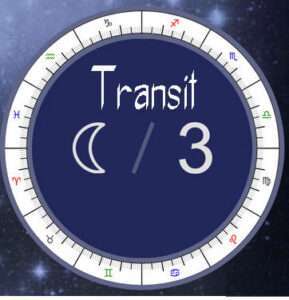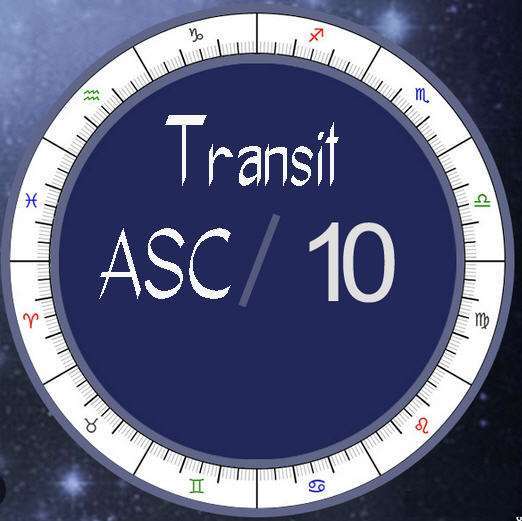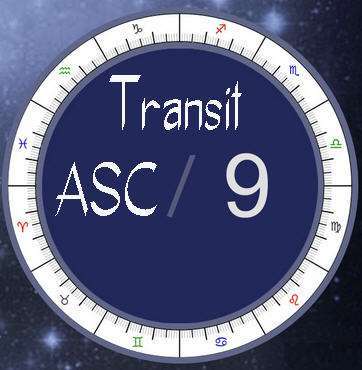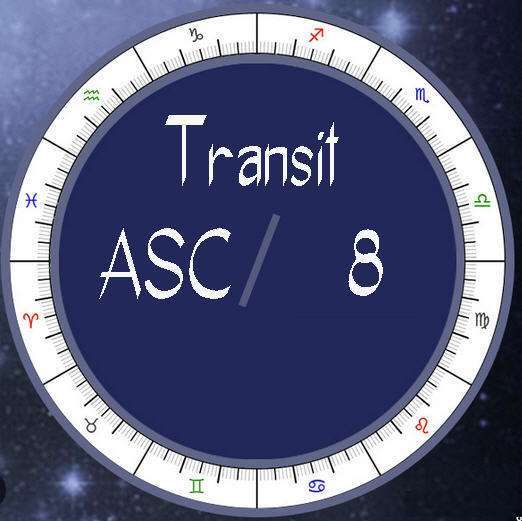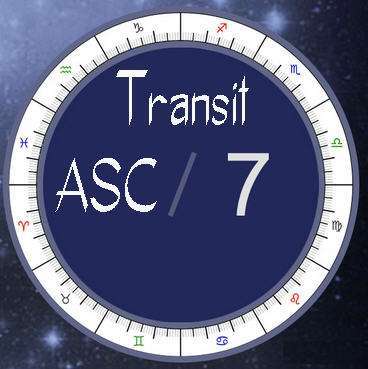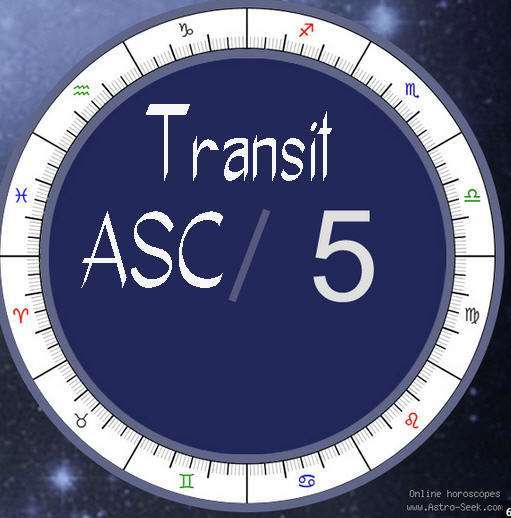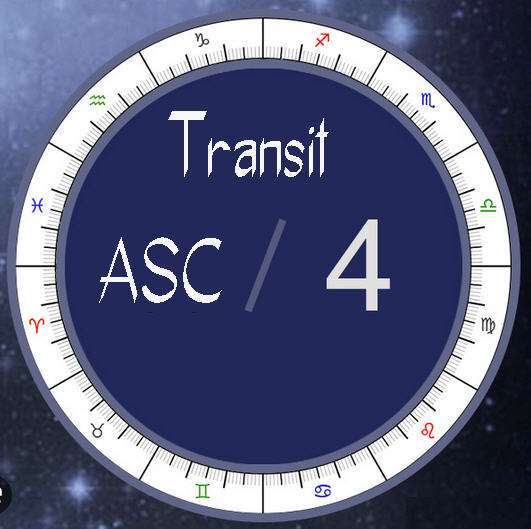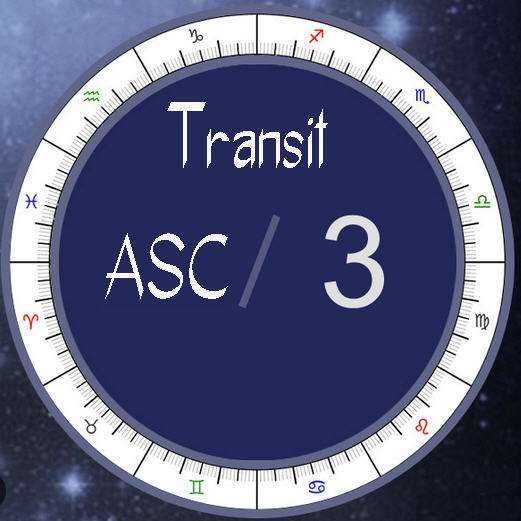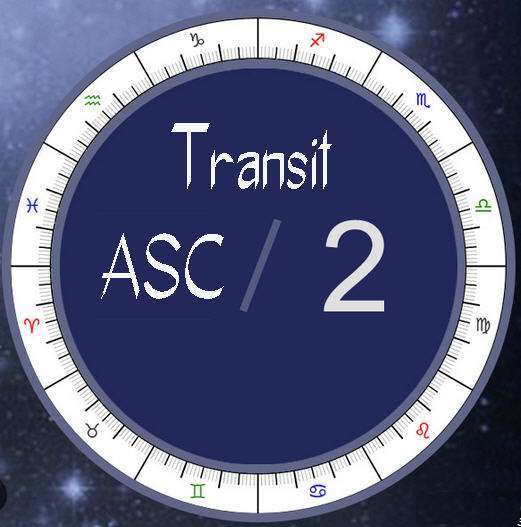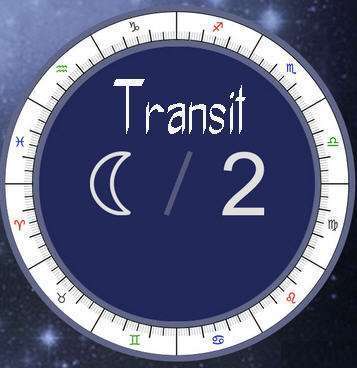
Moon transit 2nd house:
The Moon’s transit through the 2nd house in astrology affects your sense of security, values, self-worth, and material possessions. Here’s an extended analysis of the positive and challenging characteristics of this transit:
Positive Characteristics
1. Enhanced Financial Intuition: Moon transit 2nd house
– Your intuition regarding financial matters is heightened. You may make better decisions about spending, saving, or investing based on a strong gut feeling.
2. Focus on Security: Moon transit 2nd house
– This transit encourages you to focus on creating stability and security in your life. You may take practical steps to ensure your financial future, such as budgeting or reassessing your financial goals.
3. Valuing Possessions: Moon transit 2nd house
– You might develop a deeper appreciation for your possessions. This can lead to taking better care of your belongings or finding joy in the things you own.
4. Emotional Connection to Values: Moon transit 2nd house
– You may feel a stronger emotional connection to your personal values and what you deem important in life. This can help you align your actions with your core beliefs, leading to greater personal satisfaction.
5. Increased Self-Worth: Moon transit 2nd house
– The Moon’s energy can boost your sense of self-worth. You may feel more confident in your abilities and recognize your inherent value, which positively impacts various areas of your life.
6. Nurturing Financial Habits: Moon transit 2nd house
– You are more inclined to nurture your financial habits. This can mean setting up a savings plan, paying off debts, or simply being more mindful of your spending.
Challenging Characteristics
1. Emotional Spending:
– There may be a tendency to spend money impulsively based on emotional impulses rather than practical needs. This can lead to financial instability if not managed carefully.
2. Overemphasis on Materialism:
– You might place too much importance on material possessions and wealth, potentially neglecting other important areas of your life, such as relationships and personal growth.
3. Insecurity about Finances:
– Feelings of insecurity about your financial situation can surface. Worrying about money or fearing lack of resources can cause stress and anxiety.
4. Attachment Issues:
– There can be a heightened emotional attachment to possessions or money, making it difficult to let go of things that no longer serve you or to make necessary financial sacrifices.
5. Self-Worth Tied to Wealth:
– You might equate your self-worth with your financial status or possessions. This can lead to low self-esteem if you are experiencing financial difficulties.
6. Stubbornness in Values:
– There may be a tendency to become rigid or stubborn about your values and beliefs, resisting change or new perspectives that could benefit you.
Extended Impact
Self-Reflection on Values:
– Use this transit to reflect on your values and what truly matters to you. This can lead to a deeper understanding of your motivations and priorities in life.
Mindful Financial Planning:
– Engage in mindful financial planning. Consider creating a budget, setting financial goals, and tracking your spending to ensure you are aligned with your values and long-term objectives.
Decluttering:
– This is an excellent time to declutter and organize your possessions. Letting go of items that no longer serve you can create space for new, more meaningful things in your life.
Personal Development:
– Focus on personal development activities that enhance your self-worth beyond material possessions. This can include learning new skills, pursuing hobbies, or engaging in self-care routines.
Balancing Material and Emotional Needs:
– Strive to balance your material needs with your emotional and spiritual needs. Recognize that true security comes from within and is not solely dependent on external wealth.
Gratitude Practice:
– Practice gratitude for what you already have. This can shift your focus from what you lack to appreciating the abundance in your life, improving your overall sense of well-being.
Tips for Navigating the Transit
Monitor Spending:
– Keep an eye on your spending habits, especially if you notice a tendency to make emotional purchases. Setting limits and tracking expenses can help maintain financial stability.
Embrace Change:
– Be open to changing your financial habits or reassessing your values if necessary. Flexibility can lead to positive growth and new opportunities.
Self-Affirmation:
– Engage in self-affirmation practices to reinforce your self-worth. Remind yourself that your value is not solely tied to your material wealth.
Seek Support:
– If financial worries are overwhelming, seek support from a financial advisor or counselor. They can provide guidance and help you develop a plan to improve your situation.
Create Security:
– Take proactive steps to create a sense of security in your life. This might include building an emergency fund, securing your home, or finding ways to generate additional income.
Balance Giving and Receiving:
– Practice the balance of giving and receiving. Be generous where you can, but also ensure you are open to receiving help and support from others. The Moon’s transit through the 2nd house is a time to focus on security, values, and self-worth. By embracing the positive aspects and navigating the challenges with mindfulness and self-awareness, you can use this transit to build a stronger foundation for your financial and emotional well-being.

